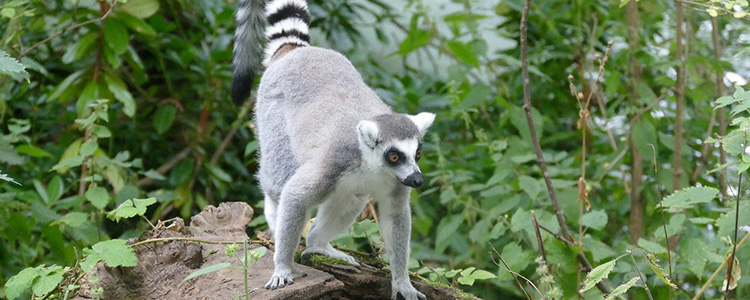 Sector: organizations for animal protection, animal care and eco-projects
Sector: organizations for animal protection, animal care and eco-projects



 Sector: organizations for animal protection, animal care and eco-projects
Sector: organizations for animal protection, animal care and eco-projects
The Oliver Ridley Project is a charity that focusses on protecting sea turtles. on four project locations they educate local people, rescue injured turtles, cleaning the ocean from fishing nets, and do scientific research to better understand the life and needs of healthy sea turtle populations...
TrustedHousesitters is a marketplace connecting pet parents seeking the best possible pet care with loving, verified sitters looking for an authentic travel experience. House sitting and taking care of the owners pets is an easy way to live abroad for a while to discover a country as a local residen...

Add new contribution